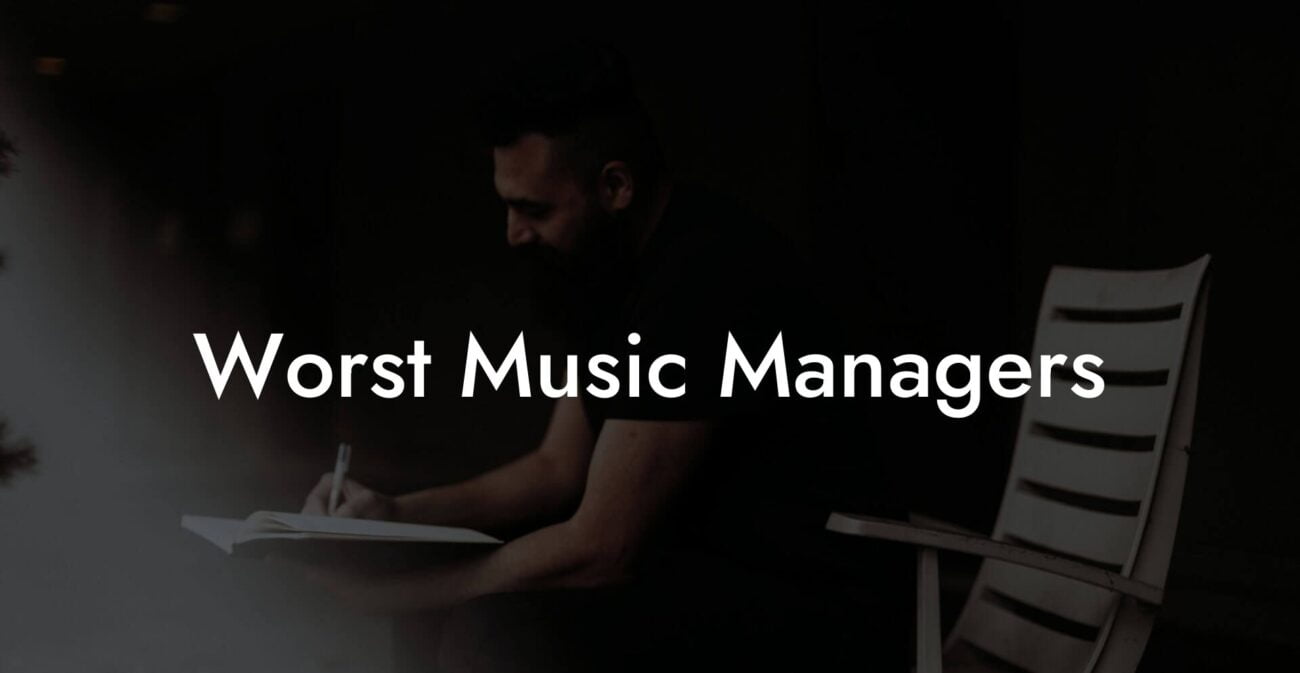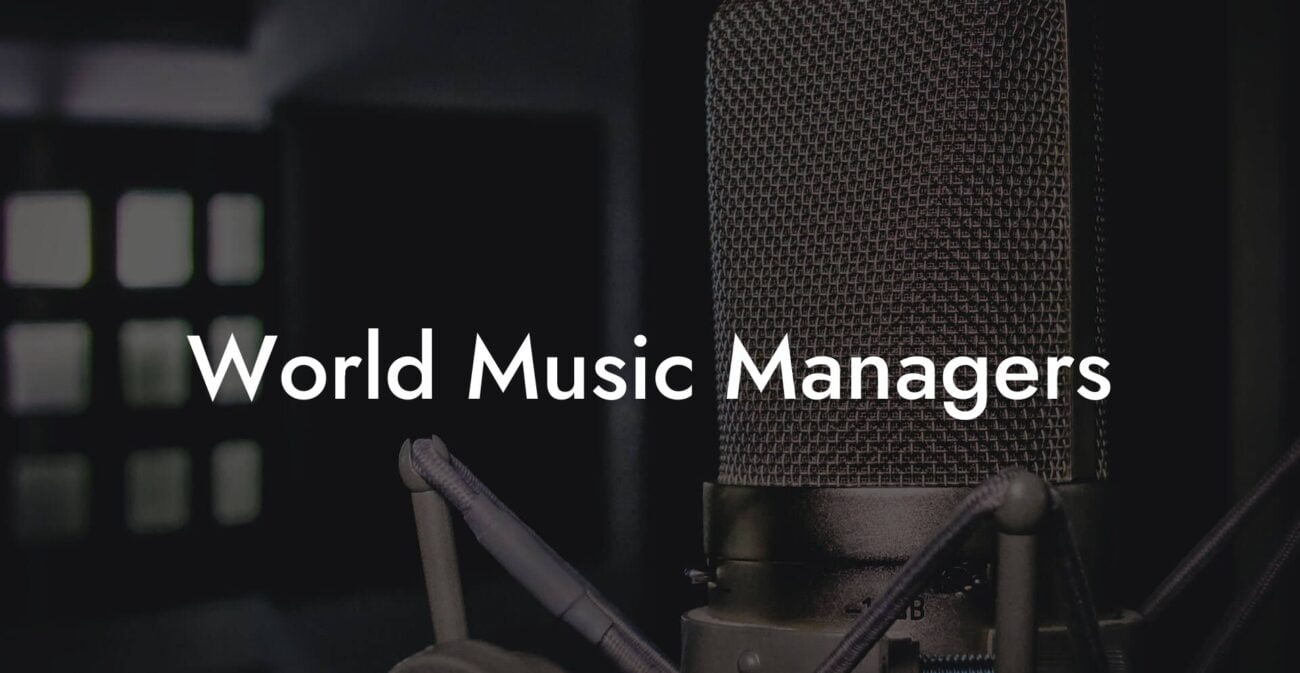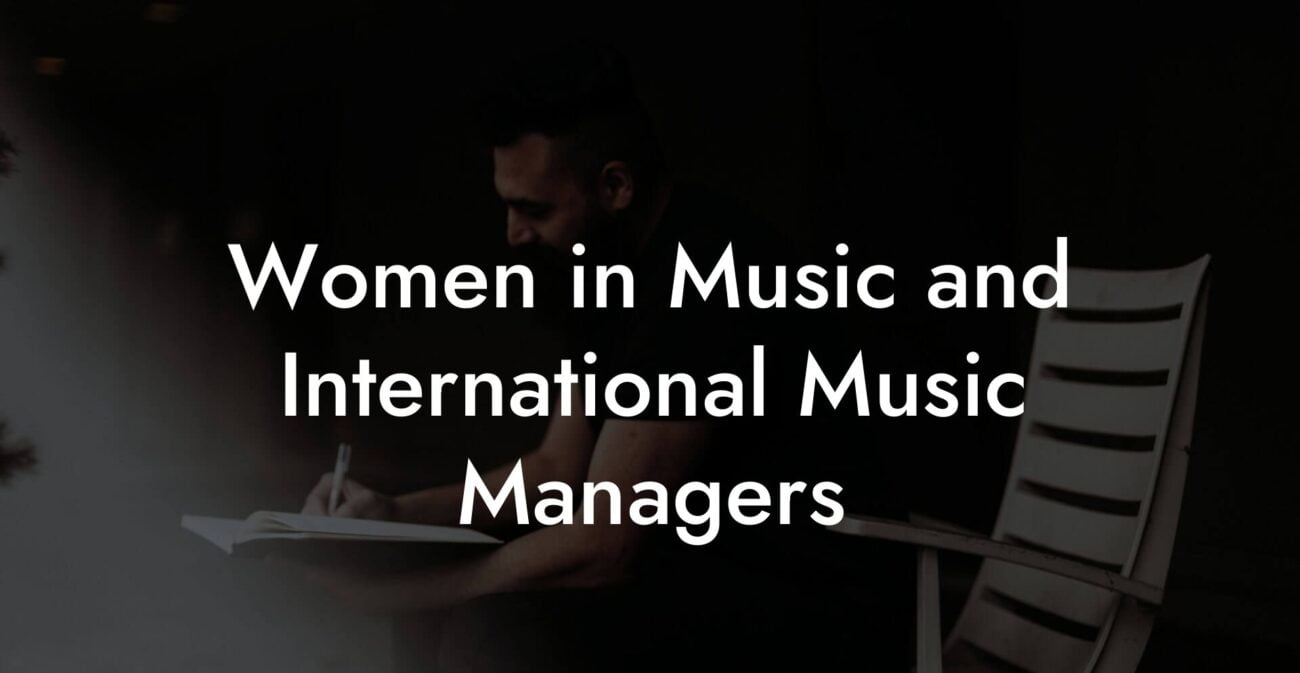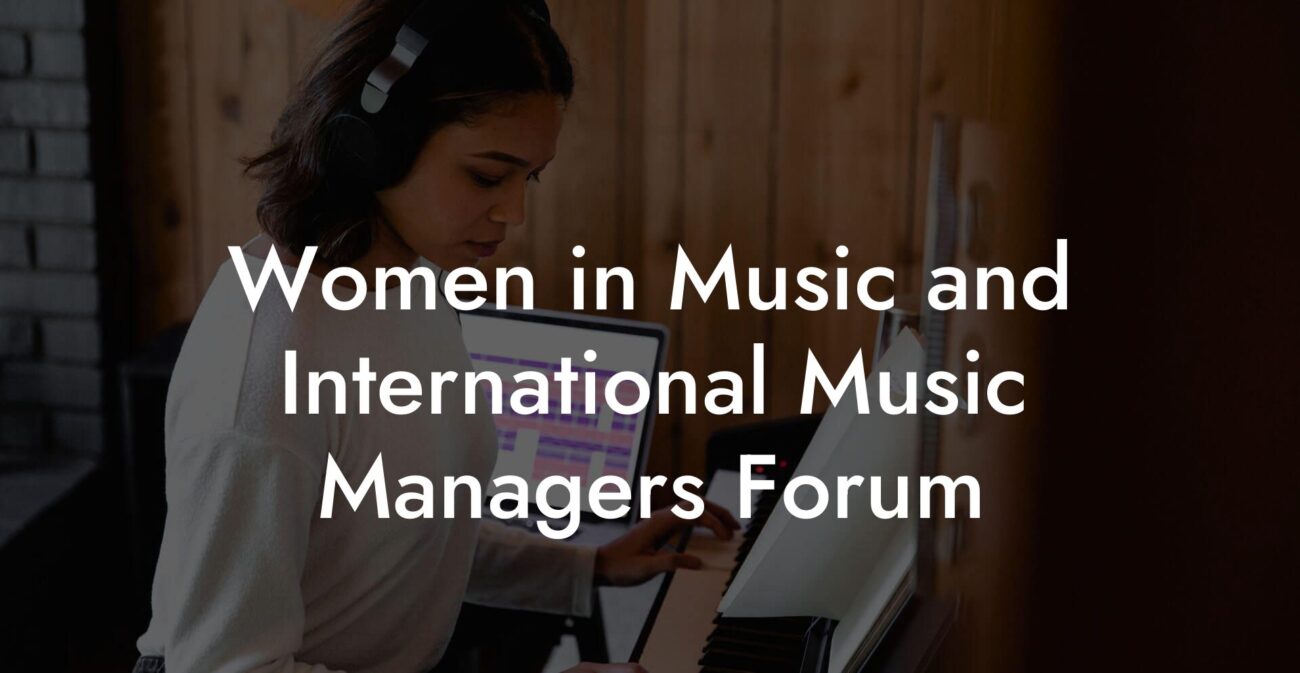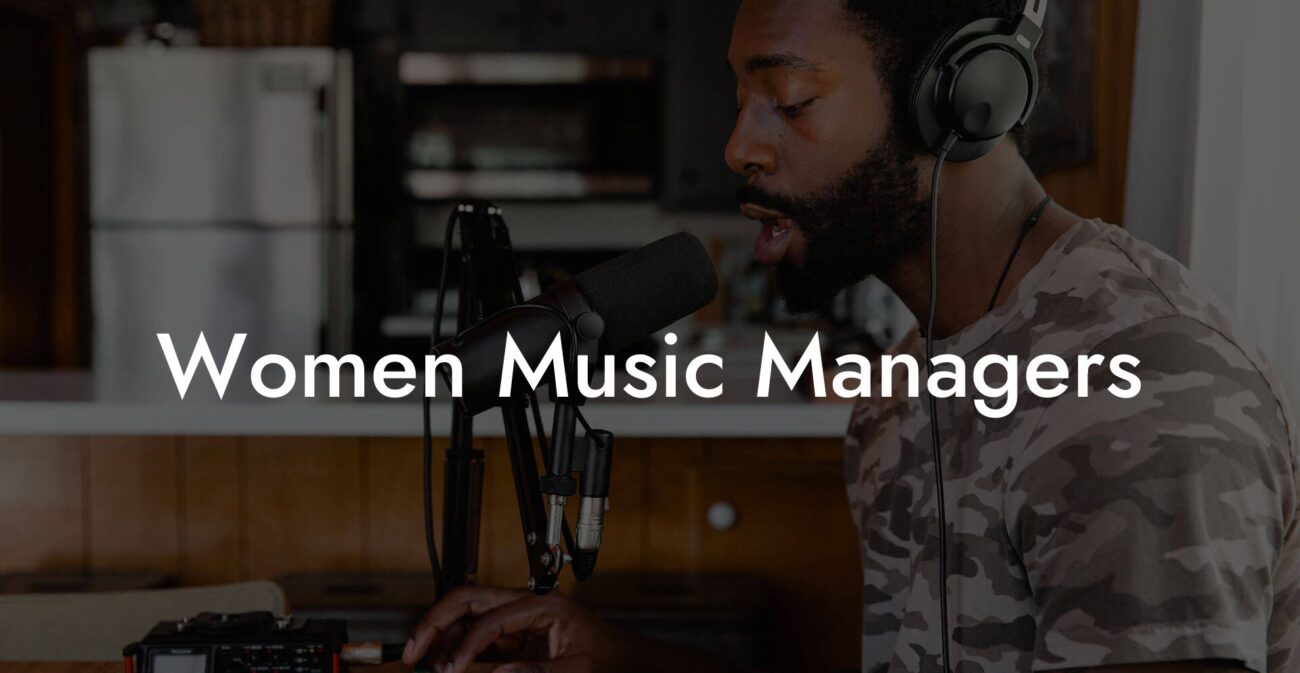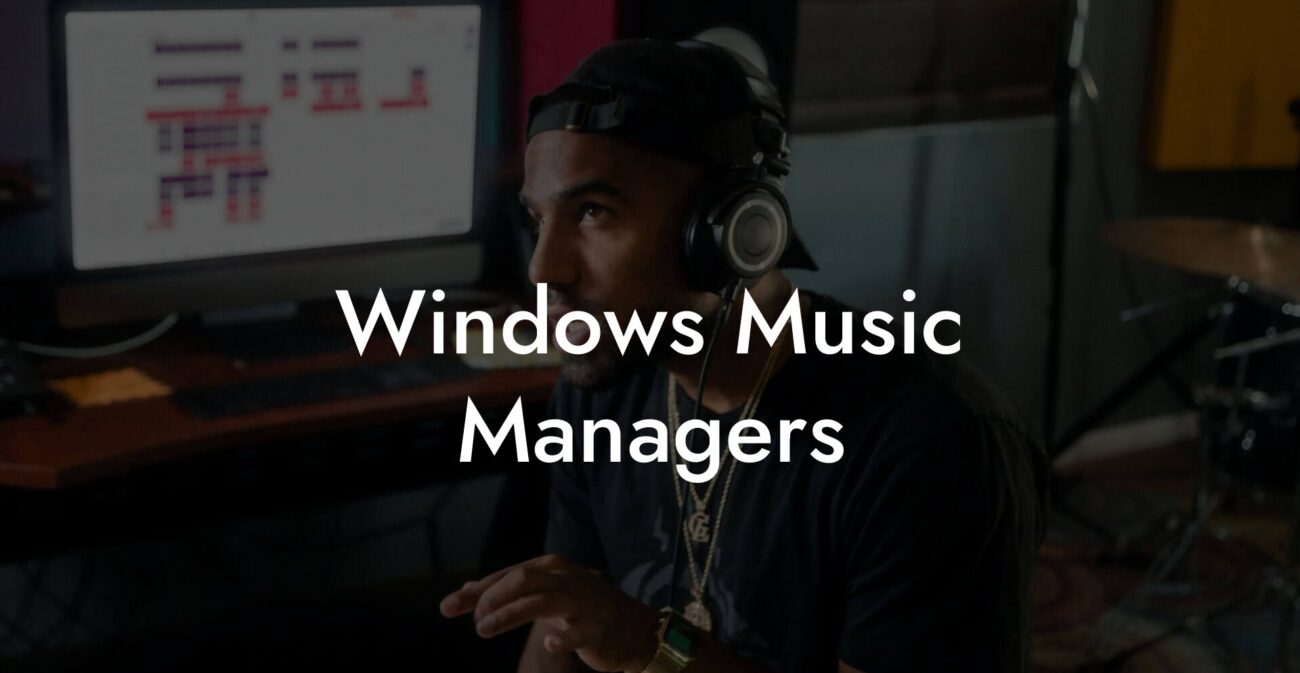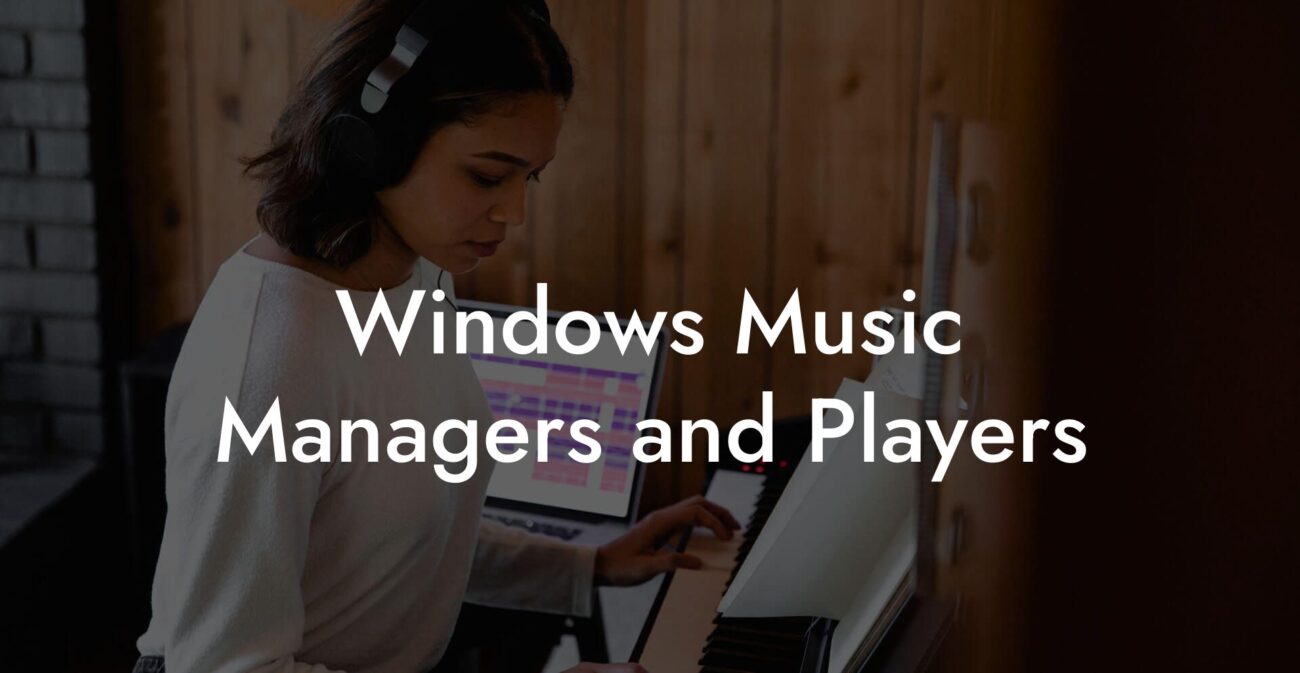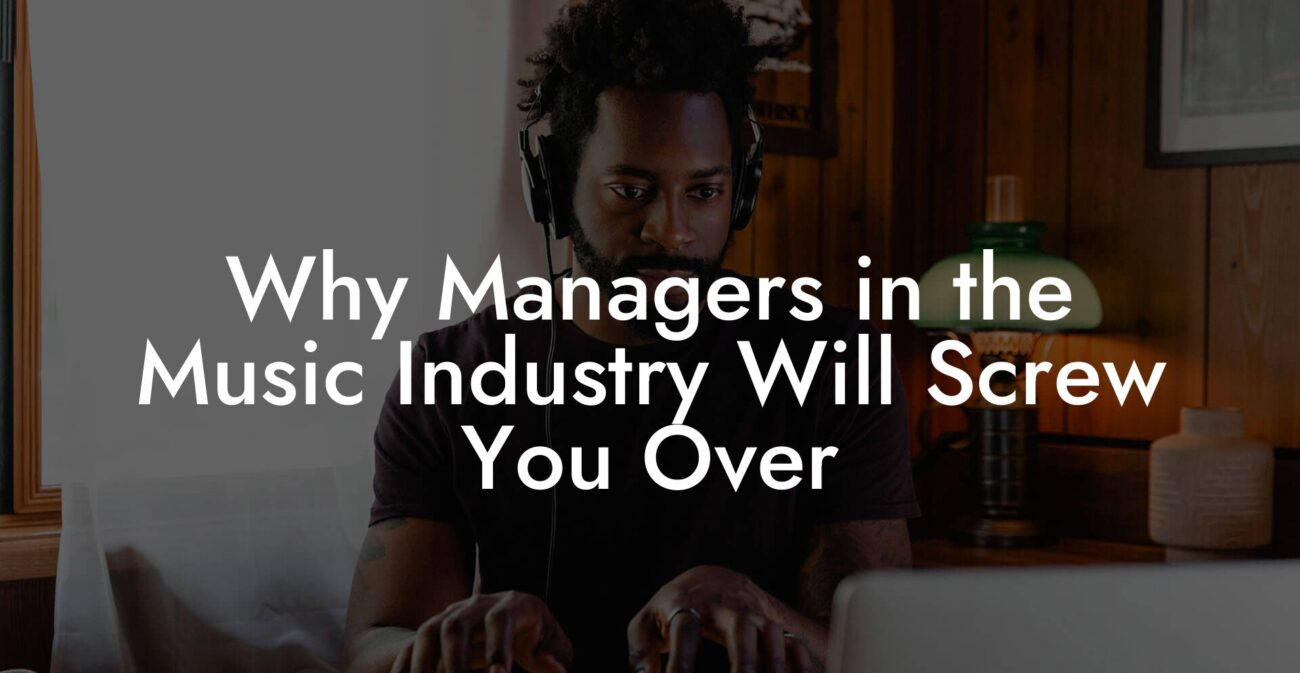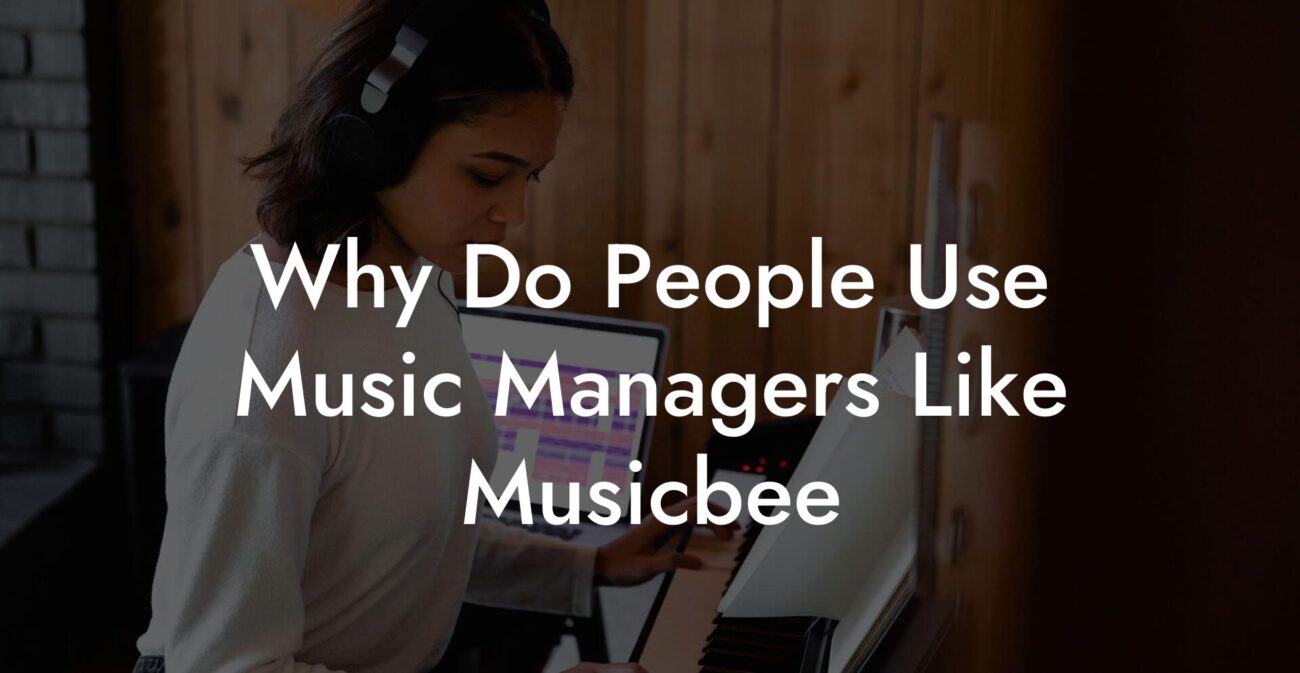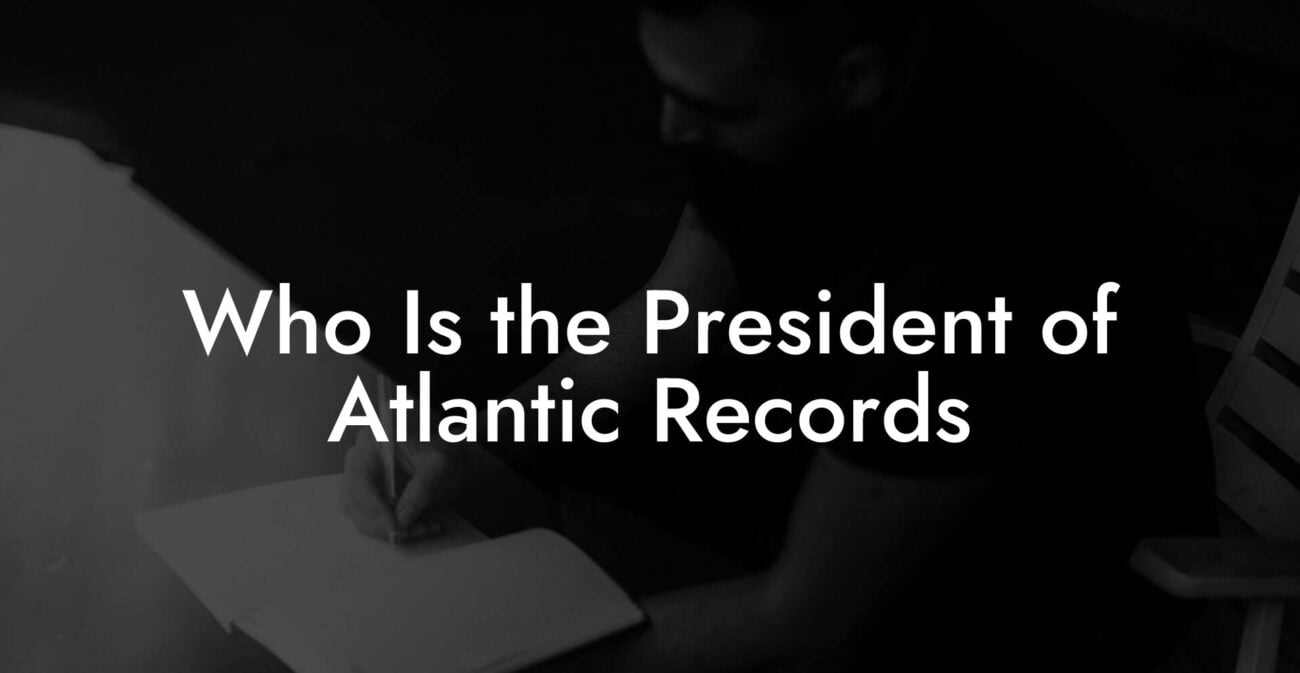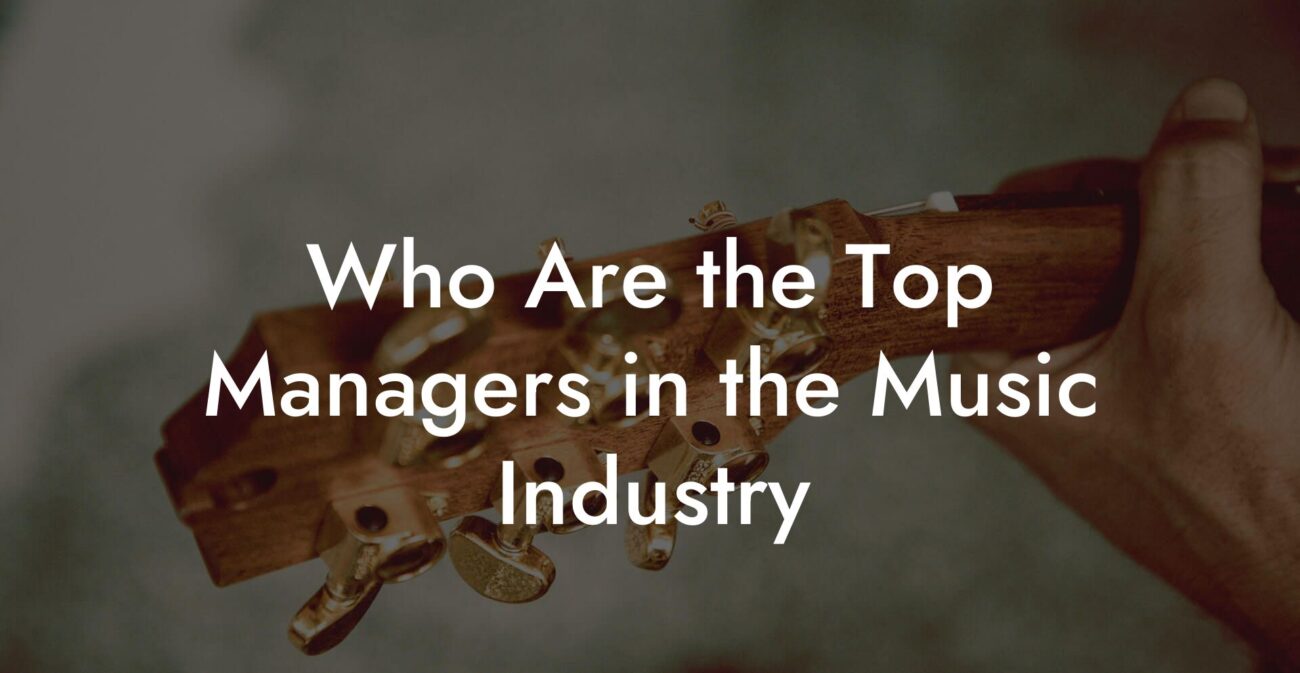Songwriting Advice
Where to Find a Manager for Music
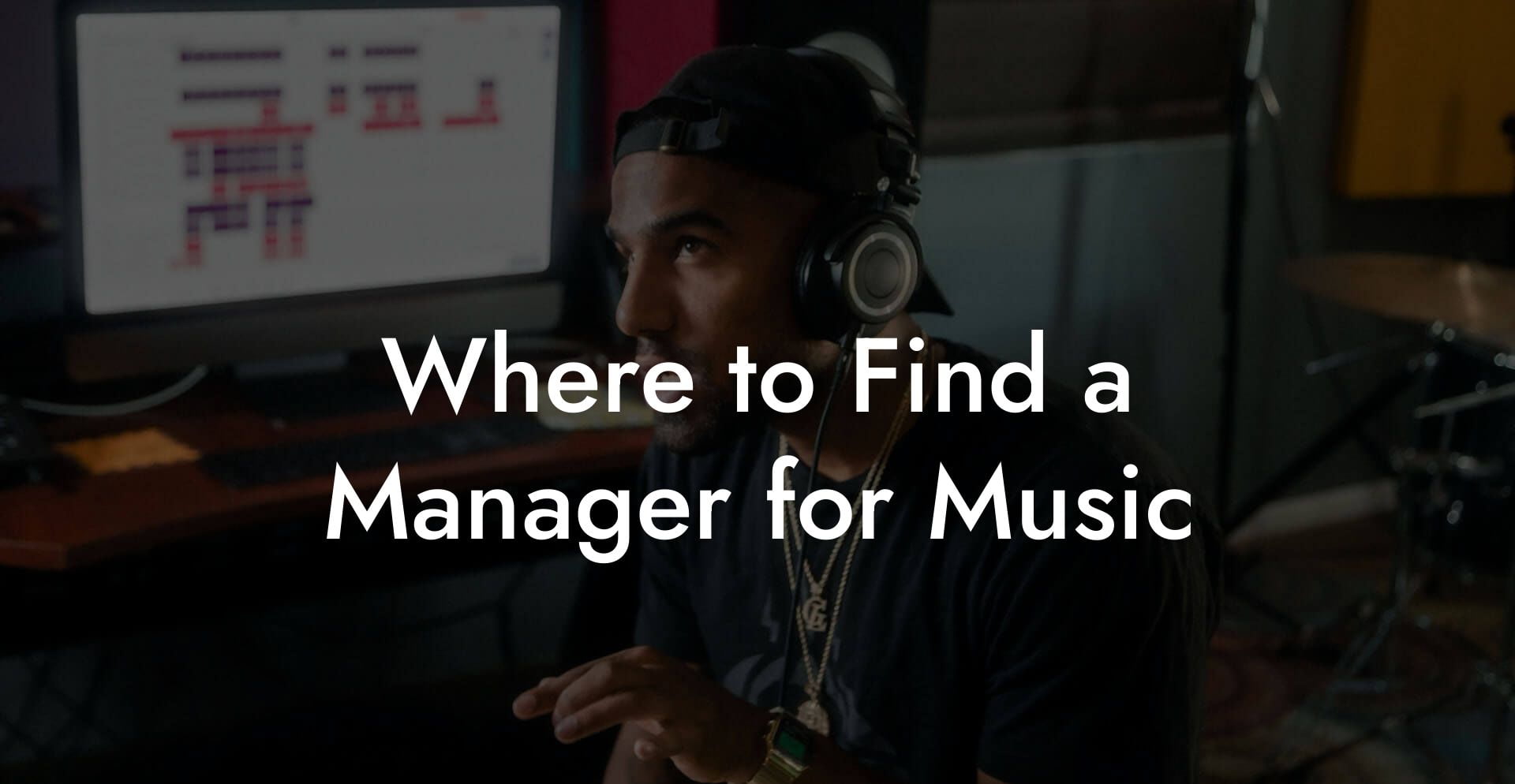
So, you’re ready to level up your music career and find the secret sauce that will propel your melodies from your bedroom to the world stage? Welcome to the ultimate guide on “Where to Find a Manager for Music.” If you’re a millennial or Gen Z musician, hustling your way through endless Spotify playlists and TikTok trends, then you’re in the right spot. We understand the struggle: juggling songwriting, recording sessions, and streaming dreams, all while trying to find someone who gets your vibe and can manage your career like a boss. Let’s dive into the nitty-gritty, with plenty of laughs, relatable anecdotes, and legit strategies to help you score the perfect music manager.
Quick Interruption: Ever wondered how huge artists end up fighting for their own songs? The answer is in the fine print. Learn the lines that protect you. Own your masters. Keep royalties. Keep playing shows without moving back in with Mom. Find out more →
Quick Interruption: Ever wondered how huge artists end up fighting for their own songs? The answer is in the fine print. Learn the lines that protect you. Own your masters. Keep royalties. Keep playing shows without moving back in with Mom. Find out more →
Quick Links to Useful Sections
- What Exactly Does a Music Manager Do?
- Why Do You Need a Music Manager?
- Where to Find a Music Manager: Your Treasure Map
- Industry Conferences and Music Festivals
- Online Platforms and Social Media
- Referrals from Fellow Musicians
- Talent Agencies and Management Companies
- Local Music Hubs and Community Boards
- How to Vet and Choose the Right Manager for You
- Research and Reputation
- Industry Experience and Connections
- Clear Communication and Shared Vision
- Financial and Contractual Considerations
- Red Flags: When to Hit the Mute Button on a Manager
- Overpromising and Underdelivering
- Lack of Transparency
- High Upfront Costs
- Incompatible Working Styles
- Approaching Potential Managers: Tips for Making the First Move
- Craft a Killer Press Kit
- Personalize Your Outreach
- Confidence is Key, But Stay Humble
- Be Open to Feedback
- Navigating the Contract: What to Expect When Signing Your Manager
- Understand the Commission Structure
- Duration and Termination Clauses
- Scope of Services
- Maximizing Online Tools and Digital Platforms
- LinkedIn and Professional Networks
- Instagram and Social Media Engagement
- Specialized Music Platforms
- The Role of Networking and Community Building
- Making the Most of Your Partnership with Your Manager
- Setting Mutual Goals
- Regular Communication
- Flexibility and Adaptability
- Community Resources and Support: Your Next Steps
- FAQs About Finding a Music Manager
- Your Next Step: Turn the Page to Success
What Exactly Does a Music Manager Do?
Picture your music career as an epic road trip. You have the playlist, snacks, and an impeccable sense of style, but who’s driving? Enter the music manager, the navigator of the rock ‘n’ roll highway. A music manager wears many hats: booking gigs, negotiating contracts, strategizing marketing plans, and even calming your pre-show jitters with a well-timed pep talk.
In essence, a manager is someone who takes care of the business side of your art so you can keep doing what you love, writing lyrics that make hearts skip a beat. They guide you through the industry maze, forging connections with record labels, promoters, and sometimes even that obscure festival you’ve been dying to play at. Think of a manager as your personal hype person and business guru rolled into one.
Whether you’re hitting the studio for some soul-bearing songwriting sessions or blasting through a live performance, a good manager ensures every logistical detail harmonizes with your creative energy. In short, they help turn your musical dreams into a chart-topping reality.
Why Do You Need a Music Manager?
You might be asking, “Can’t I just handle all this myself?” Absolutely, you can! But let’s be real, juggling every facet of a budding music career is as tricky as trying to sing high notes in a wind tunnel. A music manager not only alleviates the stress but also brings industry expertise, established networks, and a sprinkle of that elusive “it factor” that might just be the missing ingredient in your creative recipe.
Here’s what a savvy manager offers:
- Industry Connections: They know the booking agents, A&R reps, media contacts, and even that secret underground event where the next viral act is born.
- Negotiation Skills: Handling contracts and negotiations is like deciphering hieroglyphics without a Rosetta Stone. Your manager translates that legal mumbo jumbo into terms that benefit you.
- Career Strategy: A long-term vision is essential. Whether it’s releasing your next EP or planning a national tour, your manager maps out the journey ahead.
- Brand Management: Think of them as the stylist who enhances your image. They help build your brand identity until fans can’t help but sing along to your every note.
- Time Management: With deadlines, rehearsals, and recording sessions, time literally becomes money. A manager keeps the clock ticking smoothly so you can focus on making great music.
In a sea of DIY projects and self-managed careers, having a professional in your corner can be a game changer. It’s like moving from a home studio recording in your basement to having a fully equipped, state-of-the-art production facility, all because you made that crucial connection.
Where to Find a Music Manager: Your Treasure Map
Now that you see the magic a manager can bring, you’re probably wondering where to find one. Well, buckle up, because the road to finding a music manager is filled with exciting pit stops and hidden gems. Let’s break down the top places to hunt for the perfect partner-in-crime.
Industry Conferences and Music Festivals
One of the best places to meet potential music managers is at industry events like music conferences, festivals, and conventions. Imagine rubbing shoulders with seasoned professionals, exchanging business cards while grooving to live performances. Not only do these events offer networking opportunities, but they also let you showcase your talent directly to decision-makers.
Look out for events such as South by Southwest (SXSW), the Billboard Music Conference, and local music expos in your area. Even if you’re not headlining, these gatherings are brimming with managers scouting for fresh talent. Be bold, after all, every big music legend started somewhere.
Online Platforms and Social Media
In the digital age, social media isn’t just for memes and viral dance challenges, it’s also a hotbed for industry professionals. LinkedIn, Instagram, and even Twitter serve as platforms where you can connect with music managers. Follow industry hashtags like #MusicManager, #IndieArtist, or #MusicIndustry, and engage with the profiles of managers whose styles resonate with your vision.
Online directories and networking websites such as Sonicbids, Music Gateway, and ReverbNation can also be gold mines. Many managers have profiles on these platforms, detailing their client rosters and areas of expertise. A proactive message or a comment on their posts might just be the first note of a harmonious relationship.
Referrals from Fellow Musicians
Sometimes, the best connections come from your own community. Reach out to fellow musicians, whether they’re part of your local scene or alumni from your favorite open mic nights. Fellow artists can point you in the direction of managers who have a proven track record and a vibe that fits your style.
Think of it as a backstage pass, getting a referral from someone who’s already been there makes the whole process less intimidating and a heck of a lot more authentic.
Talent Agencies and Management Companies
While you might be tempted to go the DIY route via social media or small gigs, don’t overlook the established talent agencies and management companies that have been around the block. These companies work with a range of artists and can offer comprehensive services that cover everything from booking shows to strategic branding.
Research reputable agencies in your genre and reach out with a professionally curated press kit. While this option might be more competitive, it offers a structured path and dedicated resources for your career.
Local Music Hubs and Community Boards
Jump into your local music scene! Many cities have community boards, music hubs, and even coffee shops that double as gig venues and networking spots. These local venues often have bulletin boards with postings for managers looking to expand their rosters. Attending local open mic nights or jam sessions can also put you in front of someone who might appreciate your sound.
By being active in your local scene, you not only find opportunities but also create lasting relationships that build your reputation over time. Remember, every superstar once played at the local dive before hitting the big time.
How to Vet and Choose the Right Manager for You
Finding a manager is like dating, except, instead of figuring out if you’re compatible for weekend brunches, you’re diving deep into business goals, visions, and the turbulent highs and lows of the music industry. Here are some pointers to help you decide if a potential manager is truly the one.
Research and Reputation
Start with a deep dive into their background. Google anyone you’re considering and check out what other artists are saying. Look for testimonials, social media buzz, and any press coverage that highlights their successes and areas of expertise. A manager’s reputation is often built on the success stories of their clients.
Ask for references and don’t be shy about reaching out to those who have worked with them before. If previous clients gush about how their managers catapulted their careers despite a few quirky moments, that’s a great sign. Conversely, if you hear murmurs of bad contract terms or overbearing control, it might be time to swipe left.
Industry Experience and Connections
The music industry is a vast and occasionally murky sea. A reputable manager brings connections not only with record labels but also event organizers, media outlets, and other musicians. Their network is like a backstage pass that opens doors to festivals, media appearances, and collaborative projects.
Ensure that your prospective manager’s experience aligns with your musical style and career aspirations. If you’re into experimental indie sounds, a manager known only for mainstream pop might not be the best fit. Tailor your search to those who understand, appreciate, and have a track record with your genre.
Clear Communication and Shared Vision
Communication is key, if your potential manager uses industry jargon faster than you can say “auto-tune,” it might be a sign they’re either too advanced or not on the same wavelength as you. Your manager should be someone who listens, understands your artistic vision, and has clear, honest communication habits.
During initial meetings, discuss your career goals, creative style, and business expectations. A manager who can articulate a solid plan and shares your passion for music will likely be the right partner for your journey.
Financial and Contractual Considerations
Let’s talk turkey, money matters. A standard manager typically takes a percentage of your earnings (usually between 10% and 20%), so it’s essential to understand all the financial details upfront. Get a lawyer or a trusted advisor to review any contract before you sign on the dotted line.
Be cautious of any manager asking for hefty upfront fees, as reputable managers tend to be commission-based, earning only when you succeed. Transparency and fairness in contractual agreements set the stage for a healthy, long-term working relationship.
Red Flags: When to Hit the Mute Button on a Manager
While searching for the perfect match, it’s important to stay alert to potential red flags. Consider this your “anti-blue light” filter for toxic management vibes.
Overpromising and Underdelivering
If a manager makes grandiose promises that sound too good to be true, like guaranteeing a platinum record or instant fame, you might want to slow down and ask for proof. Trustworthy managers set realistic goals and adopt a step-by-step approach to success.
Lack of Transparency
Ever been ghosted after a promising start? A lack of transparency or consistent communication is a major red flag. If your manager is vague about contract terms, fees, or their plan to further your career, run for the hills (or at least hit pause on the conversation).
High Upfront Costs
As mentioned earlier, most legitimate managers work on commission. If someone demands a significant upfront fee or pushes for immediate payment without clear deliverables, consider it a major warning sign.
Incompatible Working Styles
Sometimes it’s just a matter of personality clash. If the manager’s working style feels out of sync with your creative process, whether they’re too controlling or not involved enough, it might be best to look elsewhere.
By keeping an eye on these red flags, you can steer clear of potential pitfalls and ensure that your journey to musical success is smooth and enjoyable.
Approaching Potential Managers: Tips for Making the First Move
So, you’ve done your homework and identified a few promising candidates. But how do you break the ice? Approaching a potential manager can feel as nerve-wracking as hitting a high note in front of a crowd. Here are some humorous, yet practical, tips to kick off the conversation:
Craft a Killer Press Kit
Your press kit is your musical dating profile. It should include your best tracks, bio, high-quality photos, and any press coverage. Think of it as your opportunity to make a dazzling first impression. Keep it professional, visually appealing, and most importantly, reflective of your unique style.
Personalize Your Outreach
No one likes a generic “Dear Sir/Madam” email. Do your research and mention specifics about their background or previous work that resonate with your story. A personalized message shows that you’re serious, plus, it’s far more likely to spark a genuine conversation.
Confidence is Key, But Stay Humble
It’s a balancing act between confidence and humility. Sure, you’re an incredible artist, but remember that you’re also looking for guidance. A well-balanced pitch will communicate both your talents and your willingness to learn and collaborate.
Be Open to Feedback
When you reach out, be prepared to hear some constructive criticism. A good manager will give you honest feedback because your success is a reflection of their reputation as well. Accepting critique with grace is a winning trait in this industry.
With these tips in your back pocket, striking up a conversation with a potential manager will feel less like an interrogation and more like an exciting collaboration.
Navigating the Contract: What to Expect When Signing Your Manager
Signing a contract with your music manager marks the beginning of a professional partnership that can steer your career to new heights. However, it’s important to know what you’re signing up for. Here’s what to look out for:
Understand the Commission Structure
Most managers operate on a commission basis, meaning they earn a percentage of your income. Make sure you have clarity on the percentage, what income streams are included, and any additional fees that might come into play.
Duration and Termination Clauses
Look for clear terms regarding the length of the contract and the conditions under which either party can walk away. It’s crucial that you have an exit strategy if things don’t go as planned.
Scope of Services
Ensure that the contract explicitly outlines what services the manager will provide, from booking gigs and negotiating deals to marketing efforts and career planning. The more detailed the agreement, the less room there is for misunderstandings later on.
Take your time reviewing the contract with your legal advisor, and don't hesitate to ask questions or negotiate terms that align with your personal and financial expectations. After all, this contract is the roadmap to your musical future.
Maximizing Online Tools and Digital Platforms
In today’s digital landscape, finding a music manager can be as simple as clicking a few links and sliding into a DM, if done correctly, of course. Let’s explore how to harness the power of online platforms to boost your chances of landing that dream manager.
LinkedIn and Professional Networks
LinkedIn isn’t just for corporate suits. Many music managers use this platform to showcase their professional achievements and network with artists. Create a polished profile that highlights your musical journey, achievements, and upcoming projects. Engage with posts, join music industry groups, and make yourself visible in the professional community.
Instagram and Social Media Engagement
Instagram is where aesthetics meet authenticity. Showcase your music, behind-the-scenes studio moments, and live performance energy on your feed and stories. Tagging industry professionals and using relevant hashtags can catch the eye of managers scrolling through endless content.
Specialized Music Platforms
Services like SoundCloud, Bandcamp, and even YouTube serve as digital portfolios where your talent speaks for itself. Upload high-quality recordings and music videos that display your range and style. Many managers scout these platforms regularly to find fresh talent.
Utilizing these digital tools not only expands your reach but also builds your brand’s credibility. It shows that you’re a modern artist who’s adept with technology, a quality that’s increasingly important in today’s music industry.
The Role of Networking and Community Building
While hunting for a manager, don’t underestimate the power of community. Your music journey is enriched by the ecosystem of fellow artists, producers, and industry insiders that surround you. Networking isn’t just about collecting contacts; it’s about building genuine relationships that can open unexpected doors.
Attend local gigs, virtual meet-ups, and industry panels. Volunteer for music festivals or community events. Participate in online forums where artists swap stories, challenges, and triumphs. Each interaction increases your visibility and the chance that someone in your network has a direct connection to a reputable manager.
Remember, sometimes a casual conversation at a coffee shop can lead to a career-changing introduction. Embrace the human element of the music industry, it’s often as rhythmic as the beats in your latest track.
Making the Most of Your Partnership with Your Manager
Once you’ve found the right manager, the real work begins. Managing a successful music career is a two-way street, and nurturing a strong relationship with your manager is key to long-term success.
Setting Mutual Goals
Start by establishing clear, mutual goals. Whether it’s releasing a new album, booking a tour, or increasing your streaming numbers, having defined targets keeps both parties motivated and accountable.
Regular Communication
Keep the lines of communication open. Schedule regular check-ins, whether it’s weekly catch-ups or monthly strategy sessions, to discuss progress, tackle challenges, and refine future plans. Being on the same page is crucial, the more you communicate, the smoother the journey will be.
Flexibility and Adaptability
The music industry is dynamic. Trends shift, new platforms emerge, and fan engagement evolves. Stay flexible and be open to pivoting your strategy as needed. A strong manager will help you navigate these changes, ensuring your brand remains fresh and relevant.
A successful partnership is built on trust, respect, and a shared passion for creativity. When both you and your manager are aligned, even the most challenging market storms can be weathered with style.
Community Resources and Support: Your Next Steps
You’re not alone on this journey. Beyond the search for a manager, there are countless resources and communities designed to support musicians like you. Get involved in music forums, join songwriting groups, and participate in webinars and workshops that can help hone your craft.
For those moments when inspiration is at a premium, remember that tools like Lyric Assistant are here to help you effortlessly craft lyrics for your next big hit. Whether you’re stuck on a verse or need a creative boost, harnessing technology can keep your songwriting engine humming.
Explore local and online mentorship programs. Many organizations offer free or low-cost coaching sessions, enabling you to connect with industry experts who can provide career guidance. Similarly, social media groups, Discord servers, and even Reddit threads dedicated to the music industry are treasure troves of advice, collaboration, and inspiration.
These resources not only refine your musical skills but also enhance your professional network, a key factor in ultimately connecting with the ideal manager to elevate your career.
FAQs About Finding a Music Manager
Below are some of the most frequently asked questions from musicians on the hunt for the right manager, along with answers that will help you navigate this crucial aspect of your career.
1. What does a music manager do?
A music manager handles the business side of your career, from booking gigs and negotiating contracts to developing long-term strategies and brand management. They essentially free you up to focus on creating music.
2. How do I know if I need a manager?
If you’re feeling overwhelmed by the business demands of your music career, need help navigating industry relationships, or have ambitious growth goals, a manager can provide the guidance and support you need.
3. Where can I start my search for a manager?
Look in industry events, through online platforms like LinkedIn and Instagram, via referrals from fellow musicians, and by exploring established talent agencies in your genre.
4. What are the essential traits of a good music manager?
A great music manager should have strong industry connections, transparent communication, solid negotiation skills, and an alignment with your artistic vision and career goals.
5. How much do music managers typically charge?
Most music managers work on a commission basis, often taking between 10% and 20% of your earnings. It’s important to understand all terms before signing any agreements.
6. Can I find a manager online?
Absolutely! Many managers actively network on social media, professional platforms, and specialized music directories.
7. What should I include in my press kit when reaching out?
Your press kit should feature your best music samples, a compelling bio, professional photos, and any notable achievements or press coverage. It’s your chance to make a memorable first impression.
Your Next Step: Turn the Page to Success
The road to finding a music manager might seem daunting at first, but every great legend started with that very first email, handshake, or chance encounter at an industry event. Armed with these strategies, tips, and a dash of confidence (plus a killer press kit), you are more than ready to dive into the wild world of music management.
Remember, your career is a symphony of challenges and triumphs. With the right manager, every note, beat, and lyric can resonate with authenticity and passion. Keep your eyes on the prize, trust your instincts, and don’t be afraid to take that leap of faith.
Now is the time to muster up your courage, hit “send” on that email, attend that networking event, and start building the connections that will elevate your music career. With persistence and the right guidance, you’ll soon be collaborating with a manager who’s as excited about your music as you are.
So, get out there, stay persistent, and let your music soar. Your journey to star power begins with one strategic step, find your manager, and let the magic of your music light up every stage!


